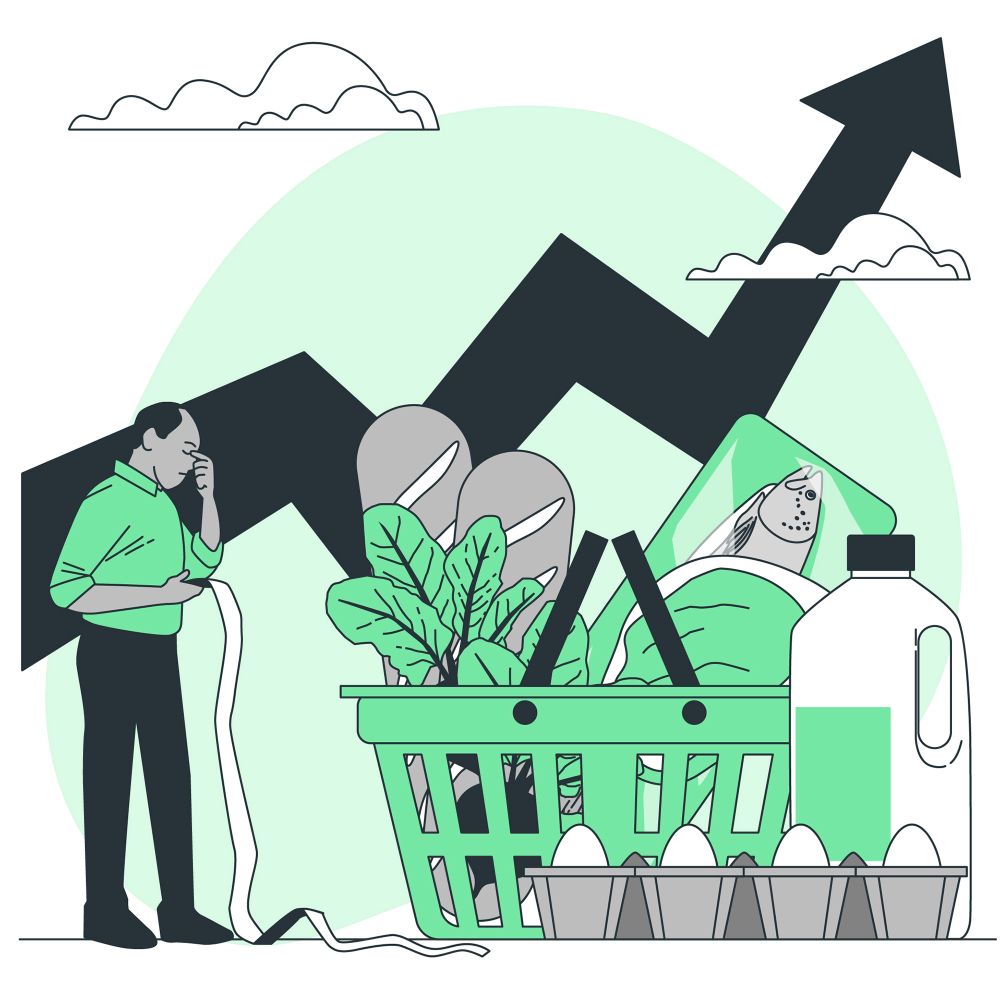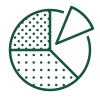
What is Commodity Trading?
Commodity trading involves buying and selling raw materials or resources that have intrinsic value and are standardized for trade. These are categorized into:
- Hard Commodities: Used in production (e.g., crude oil, gold, silver, copper).
- Soft Commodities: Mainly for consumption (e.g., rice, wheat).
Prices fluctuate based on supply and demand dynamics, and trading works similarly to Derivatives (F&O) trading. Commodities can be traded directly or through Commodity Futures and Options. To participate, traders need a Demat account with the Commodity segment activated, and transactions are regulated by commodity exchanges in India.
Trading in the Commodity Market
Commodity trading involves buying and selling standardized Futures and Options contracts on commodities like gold, oil, and agricultural products. These contracts allow traders to speculate on price movements without needing to own the physical asset.
For example, if Mr. Vishwas buys a Gold Mini contract at ₹50,000 per 100 gm with a 9.5% margin, he only pays ₹47,500. If the price rises to ₹51,000, he gains ₹10,000; if it drops to ₹49,500, he loses ₹5,000.
Commodity derivatives trading is regulated by SEBI and requires a margin payment instead of the full commodity cost, making it accessible to traders with lower capital.


Trading in the Commodity Market
Commodity trading involves buying and selling standardized Futures and Options contracts on commodities like gold, oil, and agricultural products. These contracts allow traders to speculate on price movements without needing to own the physical asset.
For example, if Mr. Vishwas buys a Gold Mini contract at ₹50,000 per 100 gm with a 9.5% margin, he only pays ₹47,500. If the price rises to ₹51,000, he gains ₹10,000; if it drops to ₹49,500, he loses ₹5,000.
Commodity derivatives trading is regulated by SEBI and requires a margin payment instead of the full commodity cost, making it accessible to traders with lower capital.
Participants in the Commodity Market
The commodity market consists of two main participants: Speculators and Hedgers.
Speculators
aim to profit from price fluctuations by analyzing market trends. They buy Futures Contracts when expecting prices to rise and sell when anticipating a decline, making profits through strategic trades.
Hedgers
such as manufacturers and farmers, use Futures Contracts to protect against price volatility. For example, farmers hedge against potential losses by locking in prices before harvest, ensuring financial stability regardless of market fluctuations.
Benefits of opening a Commodity trading account
Online commodity trading provides multiple benefits, making it a convenient and profitable option for traders.

100% digital
Commodity trading can be done seamlessly online from any internet-enabled device, such as a laptop or smartphone, ensuring flexibility and convenience.

High Liquidity
With high trading volumes, commodities can be easily bought or sold without major price fluctuations, allowing traders to enter or exit positions smoothly.

Highly Leveraged
Traders can take larger positions with a small margin, meaning even slight price changes can lead to significant profits or losses, enhancing market opportunities.

Diversification
Since commodities have a low correlation with stocks, they help investors balance their portfolio, spreading risk and reducing overall market volatility.

Inflation Protection
Unlike stocks, which may decline during inflation, commodities generally rise in value, serving as a strong hedge against economic uncertainties.

Transparency
The commodity market in India is strictly regulated by exchanges and regulatory bodies, ensuring a fair, well-monitored, and transparent trading environment.

